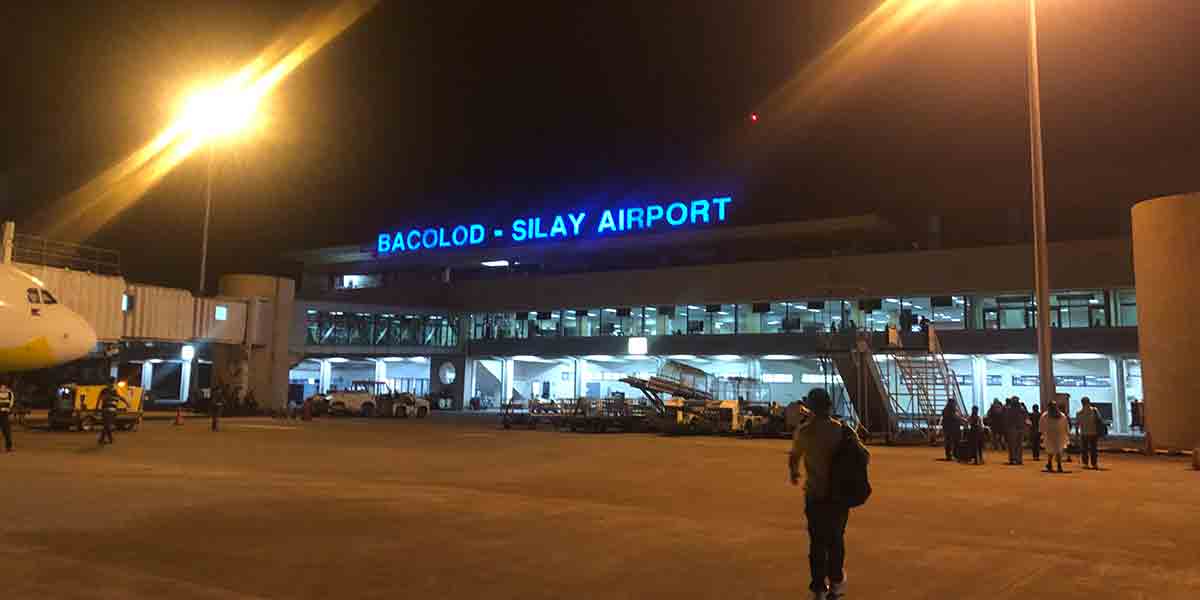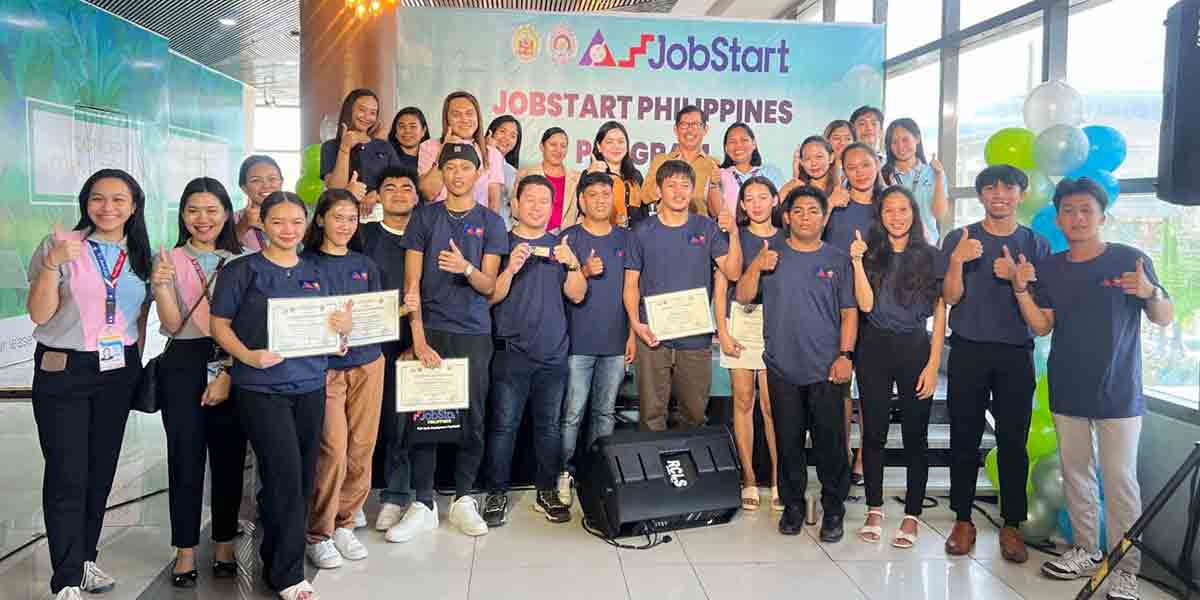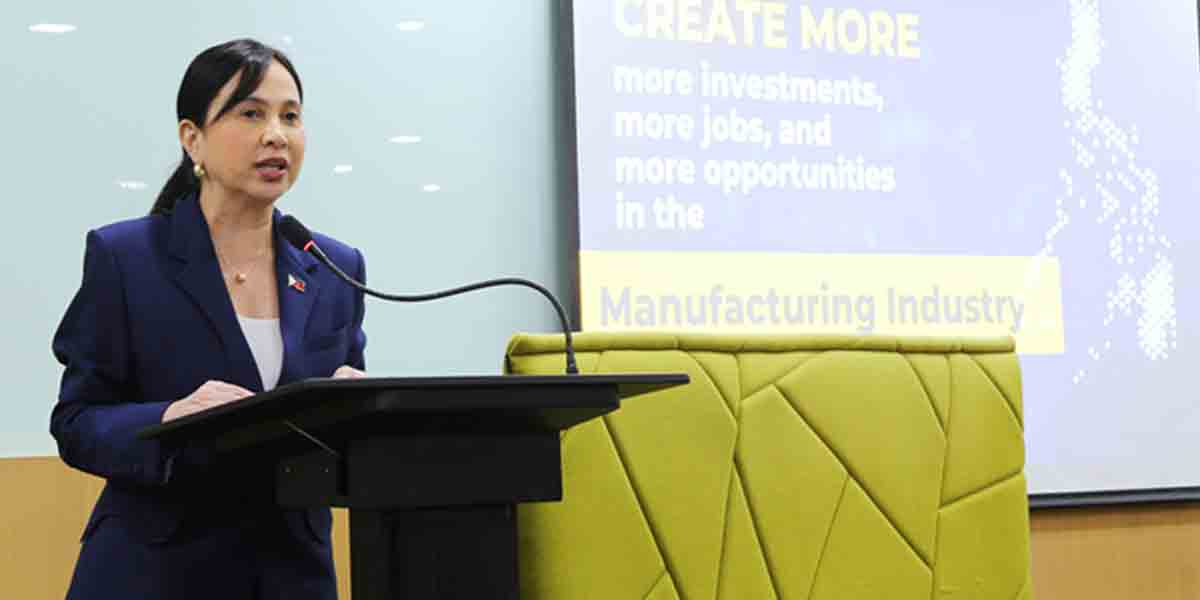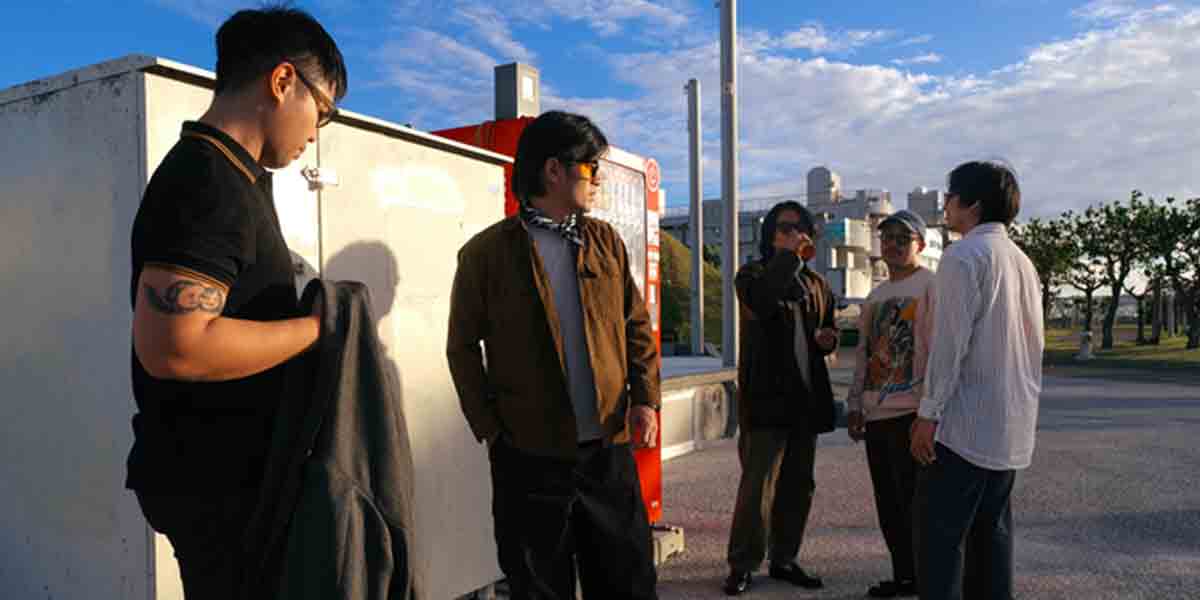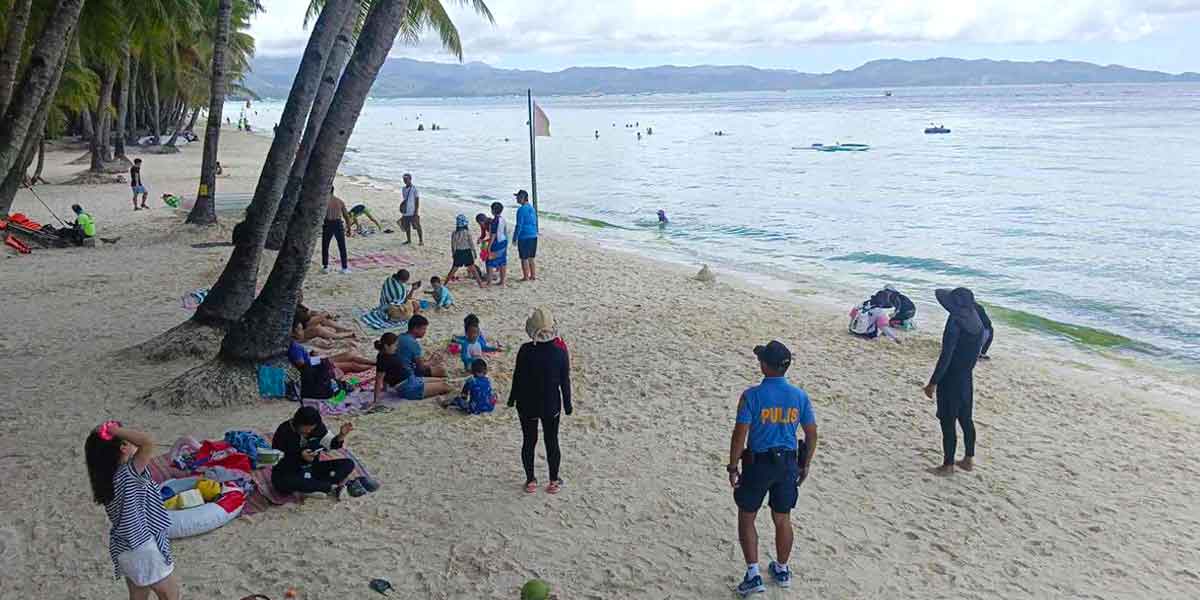
By Joseph B.A. Marzan
Iloilo City government officials on Monday reiterated that the public has nothing to fear over the African Swine Fever (ASF) scare in the neighboring town of Oton, Iloilo as the virus responsible for the swine disease cannot be transmitted to nor infect humans.
During Iloilo City Mayor Jerry Treñas’ regular press conference on Monday, Dr. Suzette Leal from the City Veterinarian’s Office (CVO) explained that ASF was not a “zoonotic” disease or cannot be transmitted to humans.
This means that humans may not be affected by the ASF, but may carry it through their skins and still infect live pigs via direct contact.
“The spread of ASF is through direct contact. Humans, chickens, and other roaming animals can step [on the virus] because it is very stable,” Leal explained.
Iloilo City Health Office chief Dr. Annabel Tang added that it was the other way around, that humans can infect hogs with other types of diseases.
“We [humans] can transmit to pigs, because like what [Leal] said, ASF is not zoonotic, so we can go to [ASF-affected] areas like pig pens, we can definitely give [diseases] to them,” Tang supplemented.
“We can still eat lechon,” the mayor joked in between.
The city government is stepping up its measures to ensure that ASF will not hit the city, having a higher risk to the disease as the suspected cases are located in the neighboring town of Oton.
Treñas issued Executive Order No. 84 last Friday, October 14, banning the entry of live hogs, boar semen, and all pork and pork-related products from Oton town, as well as vehicles used to regularly transport these animals and products which originate from the town.
As the city does not have any commercial pig farms and only backyard raisers, Leal said that the CVO is actively engaging with raisers to make sure that they have safe environments, emphasizing that their main goal is biosecurity.
“Our [CVO] teams are going around to distribute disinfectants to clean their pens because we have to ensure our biosecurity against [ASF],” she said.
She also mentioned that the raisers are being discouraged from feeding swill (“damog”) to their hogs, and likewise called on processors (“manug-ihaw”) and butchers to refrain from accepting meats from Oton.
“We are asking our stakeholders, especially our grillers and butchers, that if the hogs look ill, please don’t sell them anymore. This is a small ask. We have to cooperate to stop the spread of [ASF],” she said.
City Agriculturist Iñigo Garingalao said that they will be putting up police-manned border checkpoints in Arevalo and Mandurriao districts bordering Oton, specifically in barangays Calajunan, Mohon, and Hibao-an Sur.
Inspection certifications will be required to be presented, and tires of trucks carrying hogs and pork products, will be disinfected, and personnel in these trucks may also be required to step on foot baths.
“If they are carrying [live hogs or pork], we will look at their certificate of inspection, and the drivers and riders may be placed on the foot bath. Not everyone passing by will be subjected to that, we will concentrate only on meat products,” Garingalao said.
He also clarified that they will not confiscate hogs and pork products originating from Oton, but will simply turn them away and prohibit them from entering the city.
Routinary inspections will also be done in the Jaro and La Paz borders, to ensure that entry via Pavia and Leganes towns will also be controlled.
A suspected ASF case in Oton town was announced last week by Provincial Veterinarian Darel Tabuada, with confirmatory tests being done by the Animal Disease Diagnostic and Reference Laboratory of the Bureau of Animal Industry in Quezon City.
As of this writing, there has been no announcement of the test results yet. The provincial government has yielded the matter to the Department of Agriculture-Region 6 (DA-6), which has stated that it could not issue any statement yet.
The DA-6 cites a September 16 memo from DA Undersecretary Domingo Panganiban, which mandated all regional offices to seek clearance from the DA’s Central Office prior to interviews, press releases, and statements.




